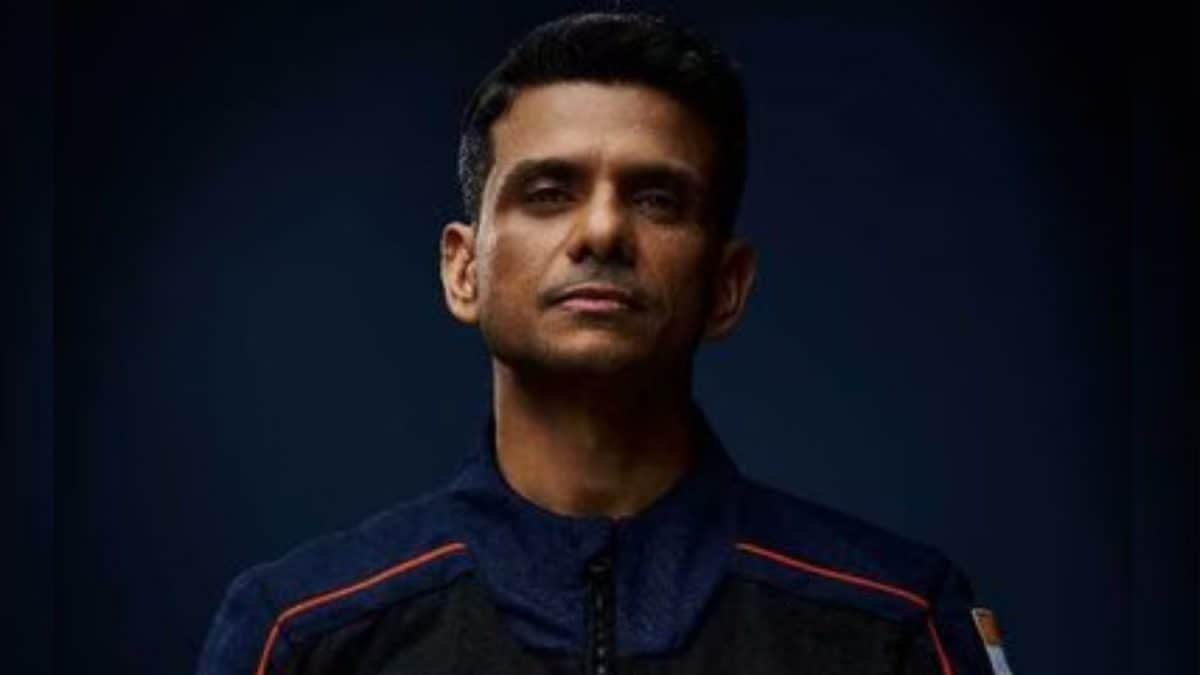ARTICLE AD BOX
At The Indian Express’s offices in Delhi, there was the smell of dust but no odour of fear or, perhaps, only a whiff. Express proprietor Ramnath Goenka, known to all as RNG, and its key staff showed no fear or, at least, hid it successfully from their colleagues.
Some of them may have had their faults – avarice, politicking, parochial prejudices, hubris – but at a time of universal panic, they proved valiant. RNG, B D Goenka, S Mulgaokar, V K Narasimhan, Kuldip Nayar, Ajit Bhattacharjea, Virendra Kapoor, H K Dua, ‘Piloo’ Saxena, S K Verma, Abdul Rehman, B M Sinha, Rajendra Bajpai, Coomi Kapoor, Bharati Bhargava and many other Express men and women in Delhi, and others all over the country, especially S Krishnamoorthy in Bombay, displayed rare fighting spirit.
With such unruffled companions, even the clerks, peons and also the business and managerial staff began to feel an esprit de corps, a sense of mission. Express men and women used little tricks and put in subtle anti-establishment reports and comments which could be picked up by discerning readers, played down the glorious and glowing propaganda reports put out by the domestic news agencies, and played up foreign reports which pointed out the gross failures of dictatorships and ruling dynasties abroad.
When one morning, the government abruptly cut off all news agency wires to Express, the paper relied on its own network of correspondents and its two or three foreign correspondents to fill the gap. I remember staying up till 2 in the morning for about three weeks, monitoring broadcasts from all over the world on RNG’s massive, old shortwave radio set in his guest suite. The reports we were able to publish the same morning, datelined Moscow, Washington, Peking (now Beijing) and London, were all from the old man’s guest room at Bahadur Shah Zafar Marg, New Delhi.

When Mrs Gandhi announced on January 18, 1977, that there were going to be elections, I went off to interview Morarji Desai the same wintry night. He had just been released from isolated captivity and driven down to his old residence on what was then Dupleix Road. His cheeks were as rosy and fresh as a baby’s. I naively asked him if he would be forming a united Opposition. His reply was characteristic: “How can I think of uniting the Opposition when I have not even had the time to go to the bathroom?”
I persisted and got an interesting interview from him which the Express published on the front page. Most other newspapers continued to remain fearful as the Emergency was in force till the election results were announced on March 20-21, 1977.
Story continues below this ad
Bharati Bhargava and I asked to be sent to cover the beginning of Sanjay Gandhi’s election campaign in Amethi, which he had nurtured during the Emergency. The Express promptly packed us off to Amethi and Rae Bareli, Mrs Gandhi’s constituency. The first person we met at the railway station near Amethi, a rickshaw-puller, told us angrily that he would not even think of voting for Sanjay or his party as the district administration had treated people brutally, pushing them out of their homes and arbitrarily picking up old men and young boys and dragging them away to be sterilised. Sanjay kicked off his campaign with a sneer on his face, referring in his first election speech at Amethi to Opposition leaders as “keedhas (insects)”. All this was reported in the Express.
We then boarded a local bus to Allahabad (now Prayagraj) and took a boat ride to the holy Sangam. The boatmen, if reluctantly, divulged that most of the pilgrims, especially those from the northern states, were angry with the excesses of the Emergency.
From what I also learned from Express colleagues covering other states, it became apparent that the Congress and Mrs Gandhi would lose. I sent an urgent press telegram from Varanasi to our news desk in Delhi stating: “With the great majority of a big chunk of seats going over to the Opposition, the overall defeat of the Congress in the country may be around the corner.” This report was published in the Express on March 14, 1977.
The results came in on March 20, 1977, and showed that the Congress was decisively defeated and Mrs Gandhi and Sanjay had lost their seats Rae Bareli and Amethi.
Story continues below this ad
One riddle remained unresolved. The Emergency regime had used its full bag of underhand tricks to try and bring the Express to its knees.
Why had Mrs Gandhi not used the ultimate weapon and arrested RNG?
One day when RNG was in a relaxed and expansive mood, I asked him this very question. He gave an interesting explanation. At one time much before the Emergency, he had employed Feroze Gandhi, the estranged husband of Mrs Gandhi, in the Express Group. At that time, both Feroze and Indira were fairly close to him. They were going through a difficult patch in their tempestuous marriage and each of them wrote a bunch of letters to him accusing each other of a range of personal misdemeanours.
According to RNG, Mrs Gandhi had convinced herself that if she had arrested him, these personal letters would have been published worldwide in the foreign press. RNG told me that Mrs Gandhi’s perception had been wrong. He could never even consider such an act of grave personal betrayal.
Story continues below this ad
There were other figures of the same mould as RNG whose journals defied the Emergency despite threats and harassment.
Caveat: The news reports and investigations that continue to be carried by The Indian Express about the excesses by governments and their agencies show that it remains a beacon of independent journalism.
Jawid Laiq, a Delhi-based independent journalist, was a special correspondent with The Indian Express, New Delhi



.png)
.png)
.png)

























 English (US) ·
English (US) ·